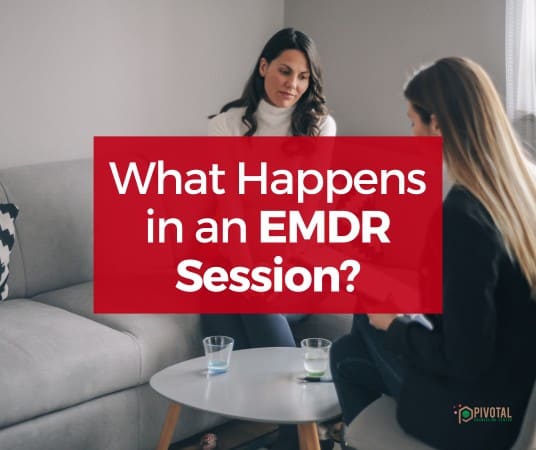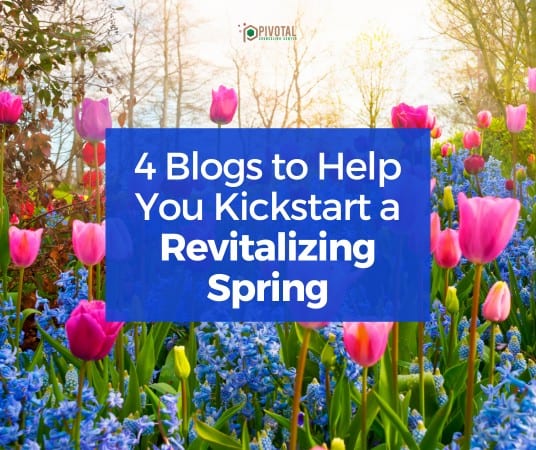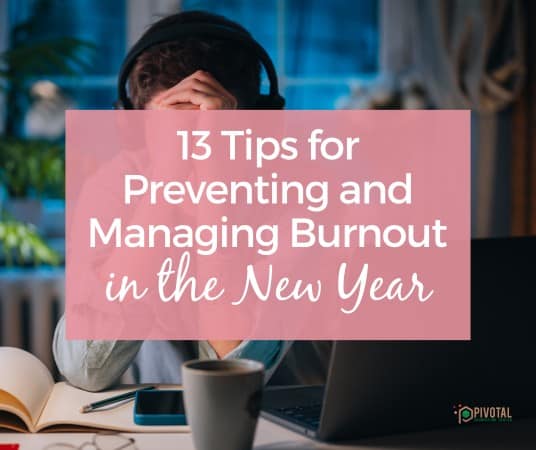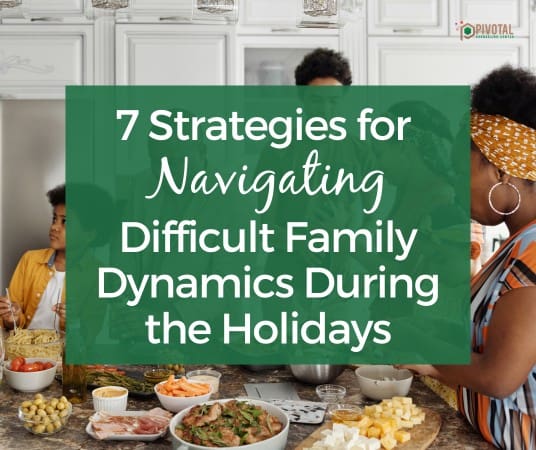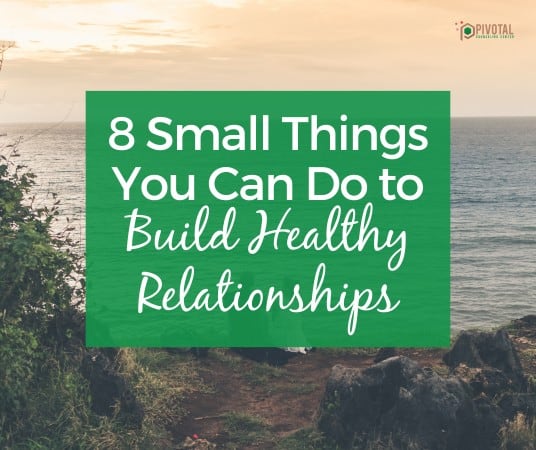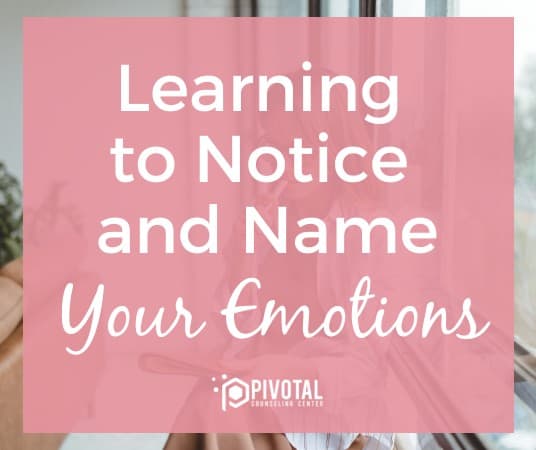
Does naming your emotions really make a difference?
It sounds like it wouldn’t, right? You’re just saying something you already know, if anything wouldn’t that heighten the feeling? Turns out, nope! Naming that feeling out loud actually reduces how powerful that emotion feels to us.
And it’s not just an isolated thing, this has been studied.
In an experiment at the University of California Los Angeles, they tested the idea that just naming your feelings can reduce them. To do this, the study split participants into four groups, all with the same goal of approaching a tarantula as close as they could. Each group was given different instructions on what to say when they approached.
These instructions were:
- Group one: reiterating what they were feeling (Ex. “I’m afraid of this giant tarantula”)
- Group two: trying to assaude any fear (Ex. “The tarantula is in a cage, there’s no reason for me to be afraid)
- Group three: anything unrelated to the tarantula or the task at hand
- Group four: nothing at all
When the groups came back to try it again, they found that the group that simply named their emotions were able to approach the closest with the fewest outward signs of anxiety or fear.
So why does it make such a difference?
On a basic level, naming that emotion as something we’re feeling makes it feel less consuming because it stops being “I’m in traffic and I’m angry” and becomes “I’m angry right now because I’m stuck in traffic.” It reminds us that it doesn’t have to consume us completely, and is only a temporary situation, so it will only be a temporary feeling.
It also triggers a calming response in our brains–in another study at UCLA, a psychologist studied the responses in the brain when one puts a name to their emotions.
What he found was that when feeling a heightened emotion like anger, sadness, pain, etc. there was heightened activity in the amygdala (the part of the brain that is responsible for processing fearful or threatening stimuli), but once the feeling was named, the activity in the amygdala decreased while the activity in the right ventrolateral prefrontal cortex (the part of the brain that processes emotions and inhibits behaviors) increased. It’s like an emotional “yellow light” slowing down your responses!
How can you start to notice and name your emotions?
Noticing your emotions can be hard if you’ve never taken the time to name them as they come up before. Sometimes we don’t even know what it is we’re feeling, because the feeling is so strong we can’t seem to make sense of it!
You might experience physical symptoms when having strong emotions, things like headaches, stomach aches, nausea, digestive issues, sweating, shaking, trouble sleeping, disrupted appetite, etc. If you can keep track of what physical symptoms you feel when, it can help you start to notice what those symptoms are trying to tell you. Are you stressed? Are you anxious? Are you angry?
Once you’re able to name a general feeling, you can use something like the feelings wheel to get specific. The feelings wheel starts off with 7 basic feelings:
- Bad
- Fearful
- Angry
- Disgusted
- Sad
- Happy
- Surprised
From there, each of those seven feelings has its own slice of the pie, with smaller and more specific slices the further out you go. It can help you figure out exactly what it is you’re feeling when you’re not able to name it yourself.
Then, name it! Tell yourself, “I’m feeling X.” If you can, say why you’re feeling that way too. “I’m feeling stressed because I’m stuck in traffic and I don’t like to be late.” Just that simple sentence can remind you this is temporary, as well as validate what you’re feeling, which both allow that feeling to hold less power over you!
Pivotal Counseling Center has therapists who can help you learn to notice and name your emotions. We have locations in Woodstock, Illinois, and Lake in the Hills, Illinois. If you are in need of someone to help, please consider giving us a call at (815) 345-3400.
Pivotal Counseling Center is now accepting Medicaid including Blue Cross Community Medicaid, Meridian Medicaid, and Molina Medicaid for outpatient counseling.


